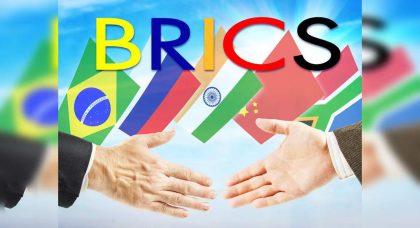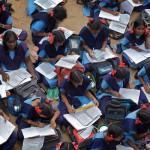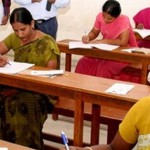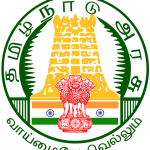
India which occupies the middle position in BRICS has now become forerunner in accommodating more African nations into BRICS’ fold and to transform it into a true co-operative union.
Africa, in general, and the Sahel region in particular, are passing through several existential challenges such as misgovernance, unplanned development, the dominance of ruling tribes and corruption.
Under the cover of curbing terrorism and militarization in African countries by western blocks, USA and in certain cases by Russia, they started exploiting them in all spheres. These interventions have costs: keeping dictatorships in power to protect their economic interests, such as uranium in Niger, gold in the Central African Republic and oil in Libya.
In this scenario, by presenting itself as a more participative and less exploitative alternative, India can make its ties with Africa a win-win ecosystem for the 21st century. China has been Africa’s largest trading partner and investor, but a slowing economy and trade have reduced its appetite for Africa’s commodities. Its Belt and Roads Initiative has raised the debts of some African countries to unsustainable levels, in turn causing them to cede control of some of their assets to China.
France, the United Kingdom and other colonial powers as well as the United States have continued to exploit mineral wealth in Africa, but their economic downturn has limited their outreach. Moreover, Europe’s main concern is limited to stopping illegal migration from African shores.
Against this backdrop, the 15th BRICS meet took place in August 2023. It was followed by 18th G-20 summit hosted by India with several issues of the ‘Global South’ with Africa as a focus would be discussed. It consulted like-minded G-20 partners and multilateral institutions for a comprehensive semi-permanent platform to resolve the stalemated security and socio-economic situations in several parts of Africa in the G-20 summit held on 9th & 10th September 2023 at New Delhi.
Although we now import less oil from Africa and sell fewer agricultural products, India-Africa trade reached $98 billion in 2022-23. India’s investment and other socio-economic engagements with Africa remain robust, especially in such sectors as education, health care, telecom, IT, appropriate technology and agriculture. India was the fifth largest investor in Africa and has extended over $12.37 billion in concessional loans. India has completed 197 projects and has provided 42,000 scholarships since 2015. Approximately three million people of Indian origin live in Africa, many for centuries. They are Africa’s largest non-native ethnicity.
We can offer force multipliers such as targeted investments and transfer of relevant and appropriate Indian innovations, such as the JAM trinity (Jan Dhan-Aadhaar-Mobile), DBT (Direct Benefit Transfer), UPI (Unified Payments Interface), and Aspirational Districts Programme. By offering a more participative and less exploitative alternative, New Delhi can make the India-Africa ecosystem an exemplary win-win paradigm for the 21st century.





